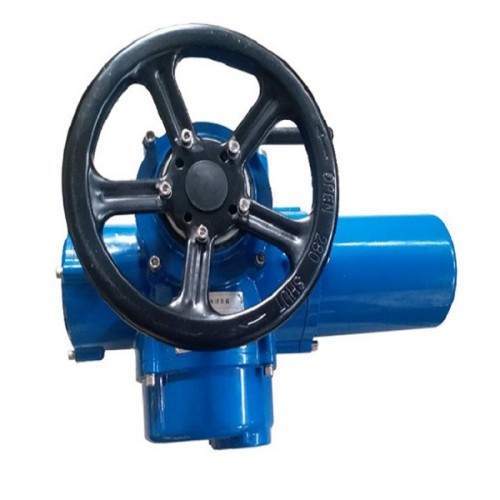Precision Control of Needle Valve Motors for Enhanced Fluid Management Systems
Understanding the Needle Valve Motor An In-Depth Analysis
The needle valve motor is a remarkable piece of engineering that plays a crucial role in precision fluid control systems. Used primarily in applications that require the regulation of liquid or gas flow, needle valves are designed to provide fine adjustments to flow rates, offering unmatched accuracy when compared to other types of valves. This article explores the key characteristics, functions, and applications of needle valve motors, along with their advantages and challenges.
What is a Needle Valve Motor?
A needle valve motor integrates a traditional needle valve mechanism with a motorized actuator, allowing for automatic adjustments to flow rates based on predetermined conditions or commands. The needle valve consists of a tapered, needle-like plunger that fits into a seat, offering a small opening through which fluid or gas can pass. This design enables precise control over the flow by changing the position of the plunger within the seat, either restricting or allowing more fluid to pass. The motorized aspect allows for quick adjustments without manual intervention, significantly enhancing operational efficiency.
Key Features
1. Precision Control The primary feature of a needle valve motor is its ability to provide fine-tuned adjustments to fluid flow. The needle valve's design allows for incremental changes, which is vital for processes that require a specific flow rate, such as in laboratories and industrial applications.
2. Motorized Actuation The integration of a motor provides automated control, enabling the valve to respond to electronic signals from a control system. This capability reduces the need for manual adjustments, leading to increased efficiency and reduced human error.
3. Versatility Needle valve motors can be utilized in various applications ranging from hydraulic systems, chemical processing, to even aquarium setups. Their ability to handle different types of fluids, including corrosive chemicals and gases, makes them highly versatile.
4. Compact Design Typically, needle valve motors are designed to be compact, saving space in installations. Their small size allows them to be utilized in tight environments where larger valves cannot fit.
Applications
Needle valve motors find numerous applications across different industries
- Chemical Processing In chemical manufacturing, controlling the flow of reactants is critical. Needle valve motors can precisely regulate the input of chemicals, ensuring reactions proceed at the desired rate and reducing waste.
- Automotive In fuel injection systems, needle valves control the flow of fuel into the engine. This is vital for optimizing performance and achieving fuel efficiency.
- Water Treatment Automated needle valve motors are used to control the flow of water and chemicals in treatment plants, contributing to the maintenance of water quality.
needle valve motor

- Aerospace In aircraft, these valves play a role in regulating fuel and hydraulic fluid, where precise flow control is essential for safety and efficiency
.Advantages
The advantages of needle valve motors are extensive
- Enhanced Precision They provide the ability to control flow rates with a high degree of accuracy, which is essential in many scientific and industrial processes.
- Automation Potential With the integration of digital control systems, needle valve motors can be programmed for specific tasks or adjusted in real-time based on sensor feedback.
- Reduced Labor Costs Automation reduces the need for manual monitoring and adjustments, leading to lower operational costs.
- Improved Safety Automated control reduces the risk of human error, enhancing operational safety in environments where hazardous materials are handled.
Challenges
Despite their benefits, needle valve motors do face some challenges
- Initial Cost The integration of motorized actuation can lead to higher upfront costs compared to manual valves.
- Maintenance Motorized systems may require more frequent maintenance, especially if used in harsh conditions or with corrosive substances.
- Complexity The integration of electronics and mechanics adds complexity, which might necessitate specialized training for operators and maintenance personnel.
Conclusion
In conclusion, needle valve motors represent an essential component of modern fluid control systems, offering precision, efficiency, and versatility across various industries. As technology continues to advance, the applications and capabilities of needle valve motors are expected to expand, further solidifying their importance in engineering and industrial processes. Understanding their characteristics will allow engineers and technicians to leverage their full potential, improving overall system effectiveness and reliability.
-
3 types of check valves maintenance tipsNewsAug.23,2025
-
Ball valves types with trunnion mounted designNewsAug.23,2025
-
Butterfly valve company production capabilitiesNewsAug.23,2025
-
Fisher globe valve technical specificationsNewsAug.23,2025
-
Types of gaskets for flanges selection guideNewsAug.23,2025
-
Wedge gate valve suppliers quality standardsNewsAug.23,2025
-
Breakthrough in Domestic Low Temperature Valve Technology in ChinaNewsAug.18,2025




